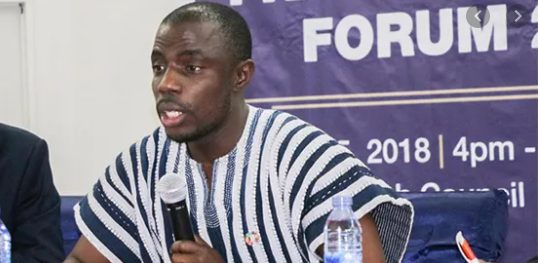- Donors to contribute9% of agric sector CAPEX, despite transformation beyond aid agenda
- SEND Ghana warns of serious implications
Government is still worryingly reliant on Development Partners (DPs) to fund capital investments despite President Nana Akufo-Addo’s ambitious ‘Ghana Beyond Aid’ agenda, SEND Ghana has observed.
It said despite the government’s vision to pursue a structural economic transformation of Ghana that is “prosperous enough to be beyond needing aid,” its analysis of the national budgets between 2018 and 2021 shows that government still relies heavily on DPs to fund its capital investments, a trend it warns could negatively impact implementation of key initiatives given the uncertainty surrounding the global economy.
In the agriculture sector alone, it said DPs are expected to contribute 84.8 and 88.9 percent of projected allocations in 2021 to respectively finance capital expenditures (CAPEX) of the Ministry of Fisheries and Aquaculture Development (MOFAD) and the Ministry of Food and Agriculture (MoFA).
“While investment in CAPEX is critical in stimulating growth, over reliance on donor support, which is characteristically unpredictable, puts at risk the government’s drive in pursuing agricultural modernization and industrialization,” said George Osei-Bimpeh, Country Director, SEND Ghana.
He spoke in Accra during his outfit’s annual forum on the 2021 National Budget Statement and Economic Policy and lamented that investments in the provision of Water, Hygiene and Sanitation (WASH) service in the last three years have largely been donor-driven.
“This trend is set to continue in 2021 with projected funds from DPs, for purposes of capital expenditure, constituting 75.43 percent, while the GoG, Internal Generated Funds (IGF), and the Annual Budget Funding Amount (ABFA) collectively make up of just about 25 percent,” he noted.
Implications
According to SEND Ghana, which is a subsidiary of SEND Foundation of West Africa, overreliance on dwindling and unpredictable donor support have serious implications on the implementation of key interventions.
For instance, Mr. Osei-Bimpeh said with this trend, the government will most likely miss its target to reduce grants by 10 percent to finance goods and services and CAPEX by 2023 as envisioned in the Ghana Beyond Aid strategy document.
Explaining further, he said: “It is important to note that the ongoing COVID-19 pandemic has significantly transfigured the development financing landscape, and external supports are more focused on combating and defeating the pandemic. Capital inflows to developing countries from external private sources are projected to drop by US$700 billion with foreign direct investment flows forecast to decrease by up to 45 percent in developing economies.”
To make the country self-sufficient and attain a Ghana Beyond Aid, as well as, the Sustainable Development Goals; 1, 2, 6, and 17, (i.e., no poverty, no hunger, clean water and sanitation for all, and strengthened domestic resource mobilization), he emphasized that the government must find a sustainable way to fund and implement its capital investments, rather than been overly dependent on DPs.
One clear way to go about this, he added, is for the state to begin to renegotiate and control the country’s natural resources.










